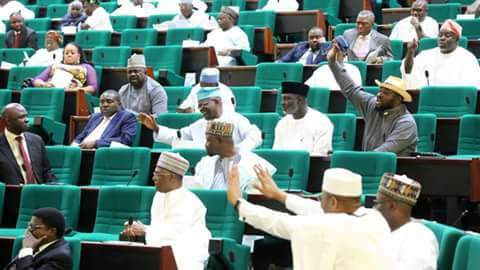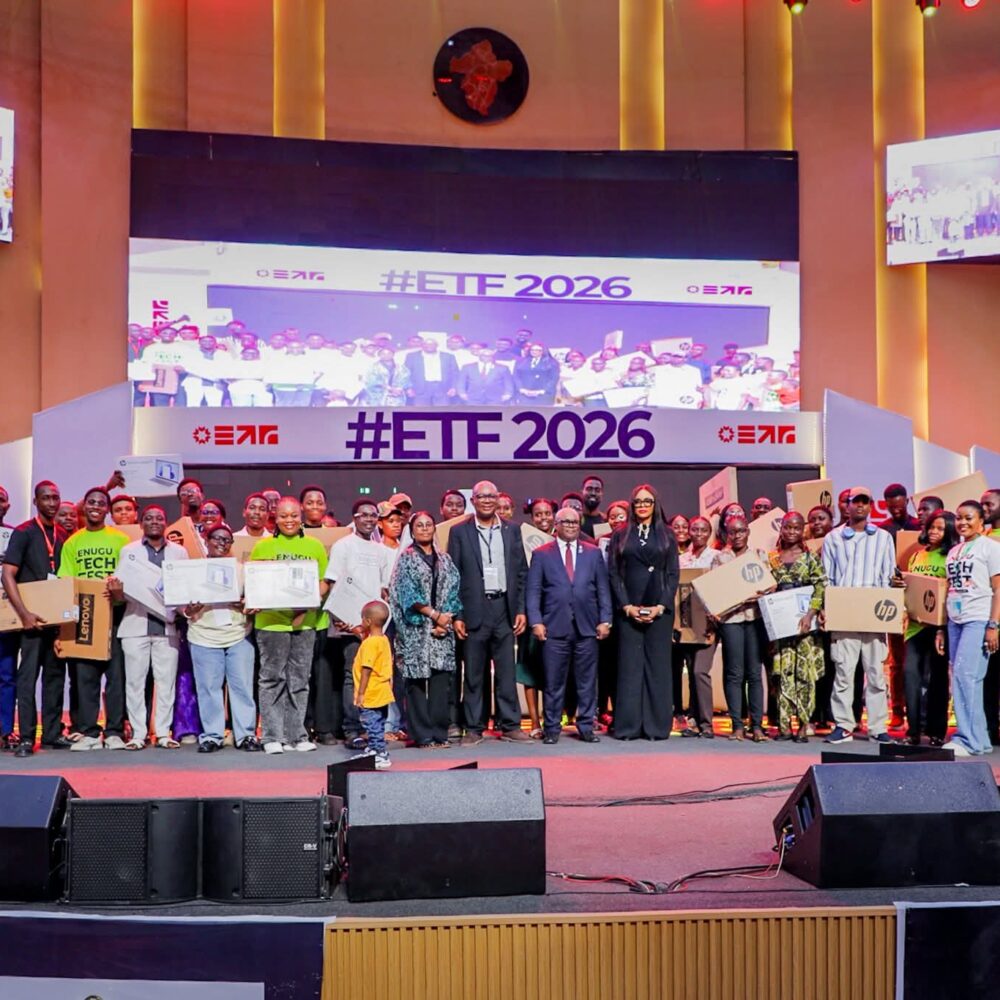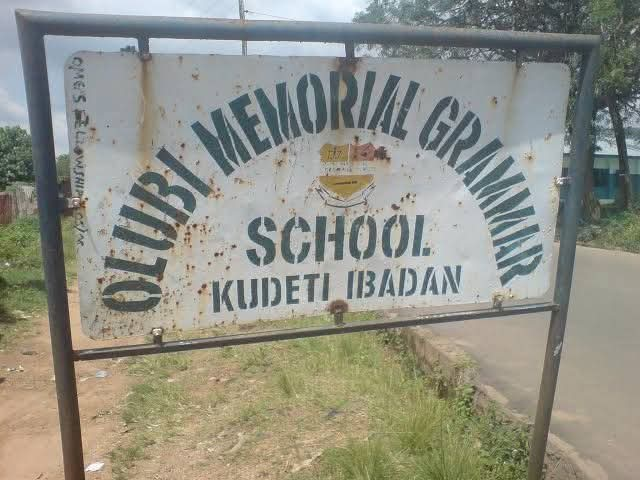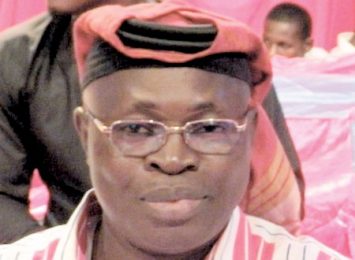The House of Representatives on Sunday faulted the no-case submission the Attorney General of the Federation, Mr. Abubakar Malami, made to President Muhammadu Buhari on the lingering Oil Prospecting Licence 245 deal.
Otherwise known as Malabu Oil deal, about $1.1bn share of the Federal Government in the controversial sale was said to have been “diverted” by officials who handled the transaction.
The senior officials, who were frequently mentioned, included a former Minister of Petroleum Resources, Mrs. Diezani Alison-Madueke, and a former Minister of Justice and Attorney General of the Federation, Mr. Mohammed Bello-Adoke.
They served in the administration of former President Goodluck Jonathan.
But, Malami in a recent letter to Buhari sought to withdraw any case against the former officials on the grounds that there was no evidence to initiate a successful prosecution.
The AGF added that prosecuting the case would make Nigeria a laughing stock before the international community as a country with questionable integrity in business transactions.
Malami’s advice came even as the House of Representatives was investigating the matter.
Reacting to the AGF’s position, the House, however, vowed to carry out its investigations to a logical conclusion.
The Chairman of the House ad hoc committee investigating the deal, Mr. Razak Atunwa, toldThe PUNCH that lawmakers were surprised by the AGF’s letter.
Atunwa, a member of the All Progressives Congress from Kwara State, said the position of the AGF raised concerns over the anti-corruption war of the present administration.
I am worried that the AGF would write such a letter to Mr. President, that there is no evidence. It is a serious matter,” he observed.
The Atunwa panel had tried unsuccessfully in the last eight months to get former President Goodluck Jonathan to testify on his role in the deal.
Atunwa, who is also the Chairman, House Committee on Justice, confirmed to The PUNCH that the former President, had yet to respond to inquiries as of Friday last week.
He said, “What is important is that we will do our work as an independent arm of government.
“Hopefully, by March, the report will be ready. It is for Nigerians to know that we did our job. Whatever the executive arm of government or the Economic and Financial Crimes Commission choose to do with it is their business.
“So, while we are worried by the AGF’s letter, our investigations as a House will continue. Again, whether Jonathan comes to testify or not, we will have a report ready by March.”
The panel had invited the former President on July 5, 2017 to clarify certain issues.
But, up to February 23 this year, Jonathan had not responded to inquiries by the panel.
In making the panel’s decision to invite Jonathan public last July, Atunwa had stated that certain information in the public domain had made the need to hear from the former President necessary, before the probe could be considered conclusive.
He explained that hearing from Jonathan was also an indication that “thoroughness, natural justice and fair play” was applied to the investigation.
Atunwa said, “Mr. Jonathan was the President at the material time that (his cabinet) ministers brokered the deal that led to the allegation of $1bn diversion of funds.
“Mr. Jonathan’s name features in the proceedings initiated by the Public Prosecutor of Milan in Italy. A United Kingdom court judgment in relation to an application to return part of the money being restrained, castigated the Jonathan administration as not having acted in the best interest of Nigeria in relation to the ‘deal.’
“The Attorney-General of the Federation at the material time, Mohammed Bello-Adoke, has recently instituted proceedings in court wherein he pleads that all his actions were as instructed by former President Goodluck Jonathan.”





